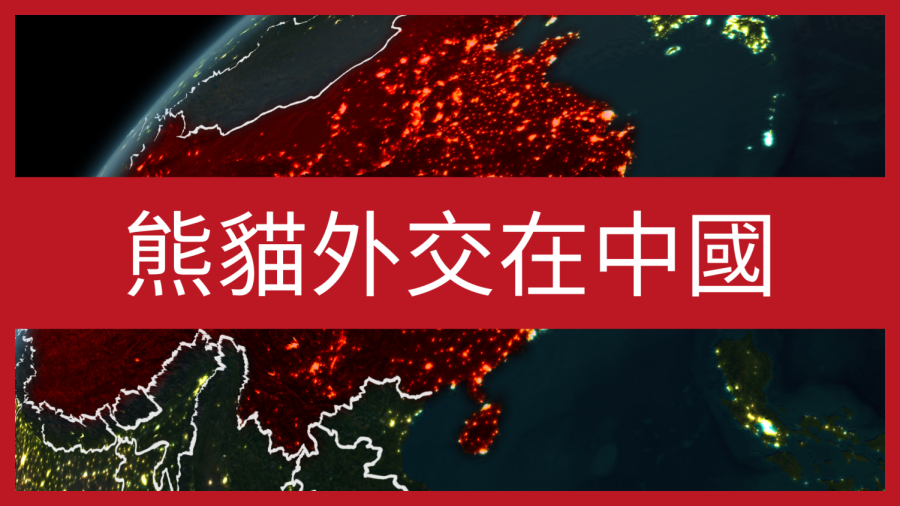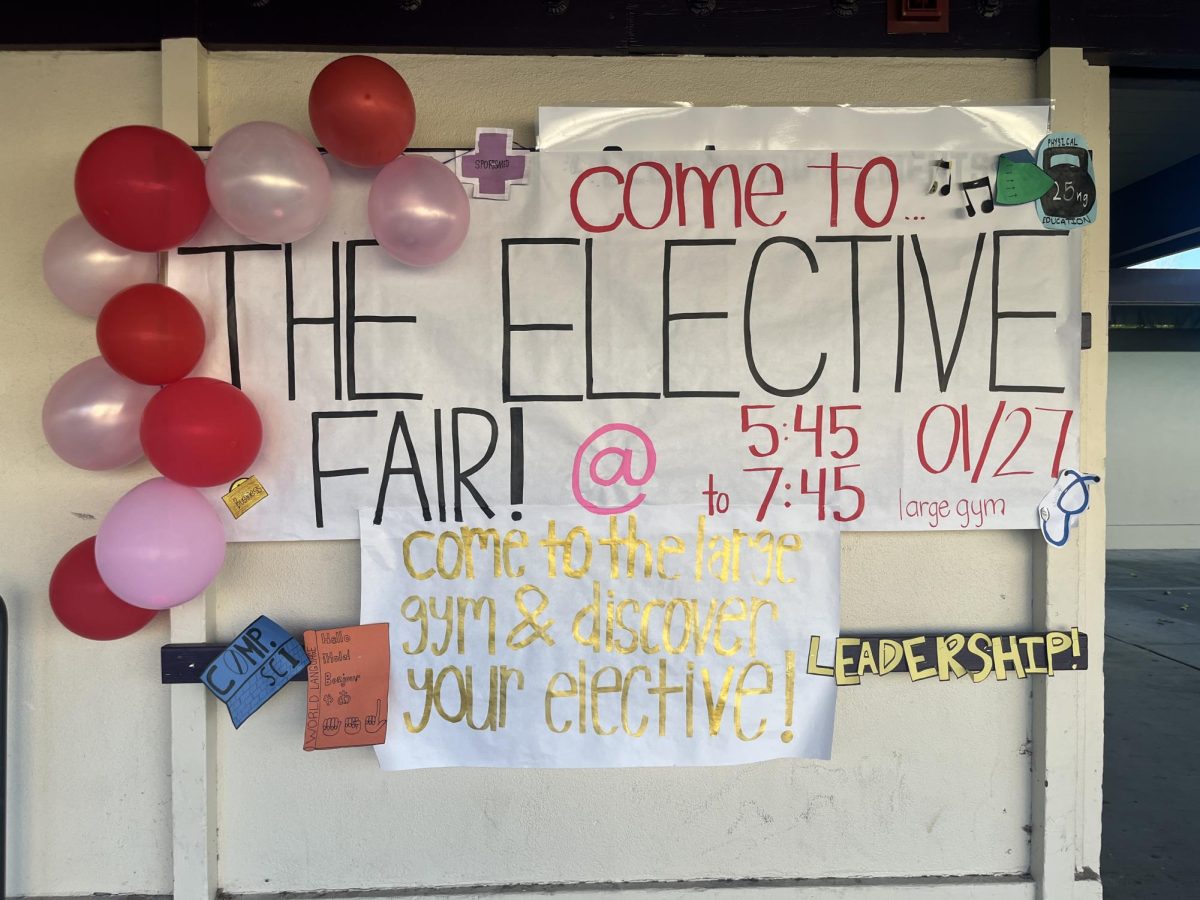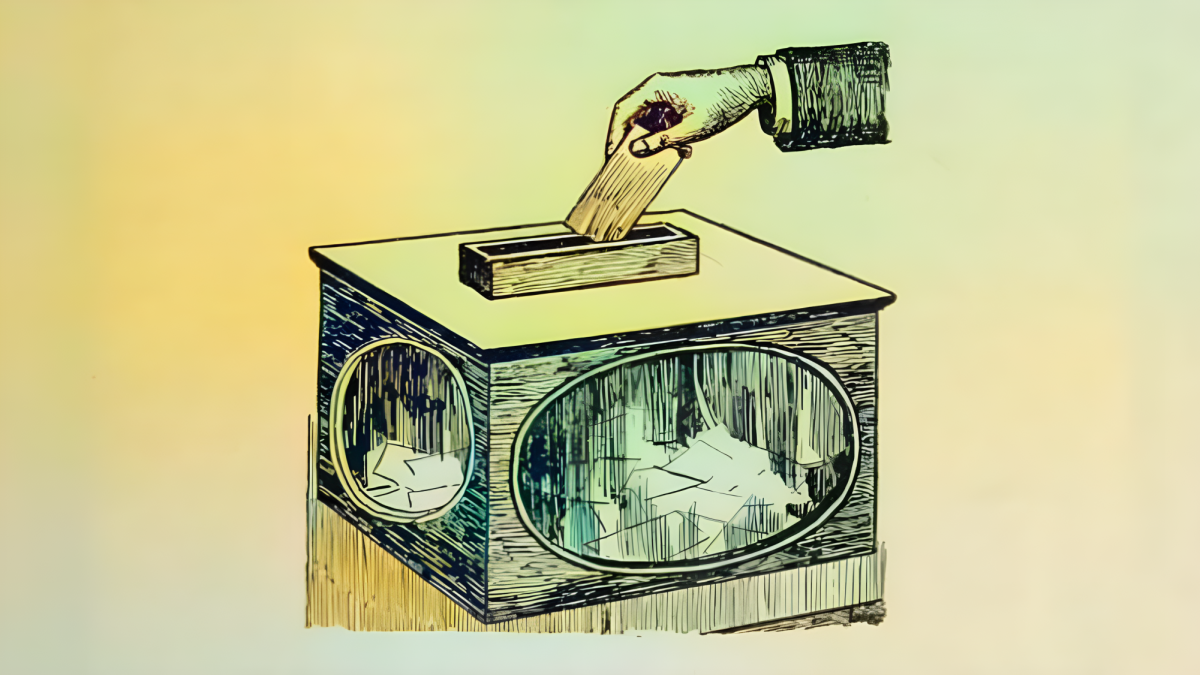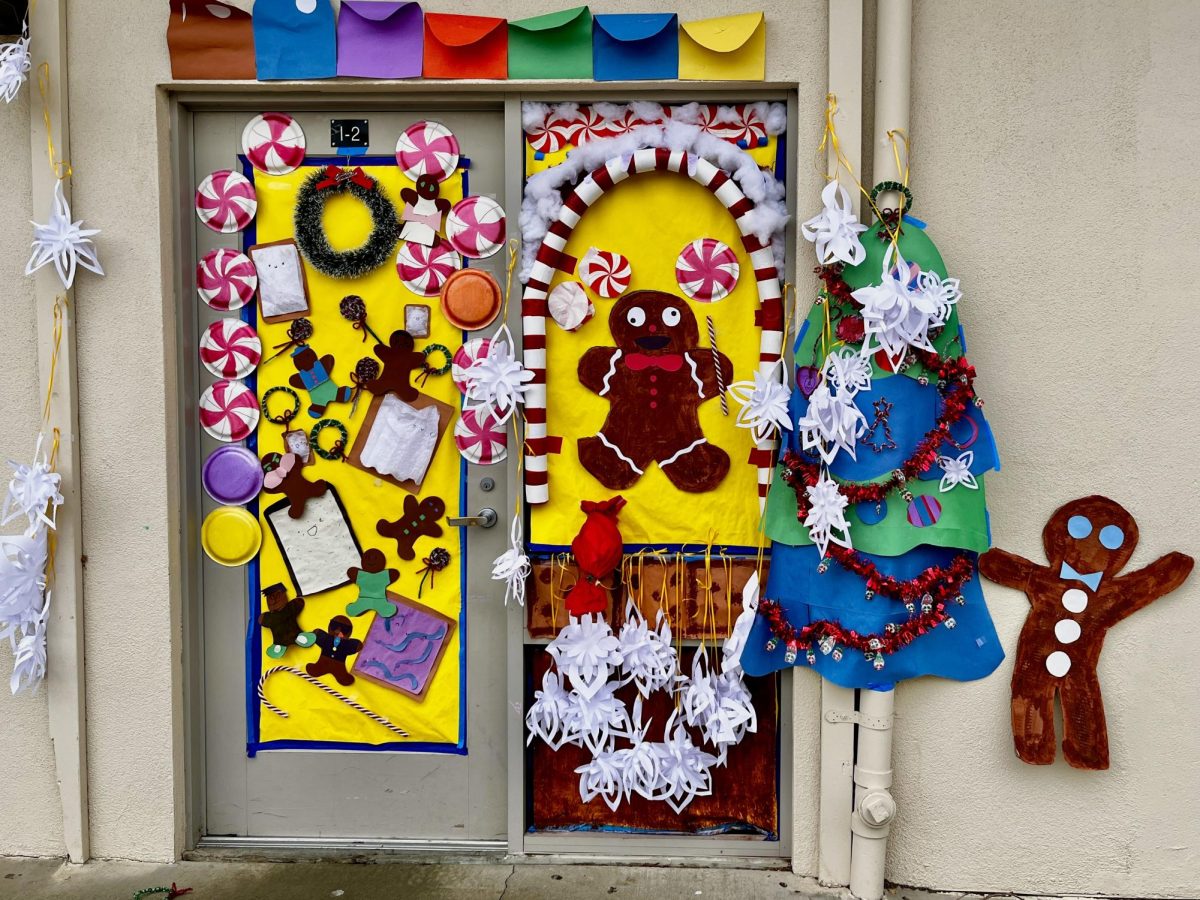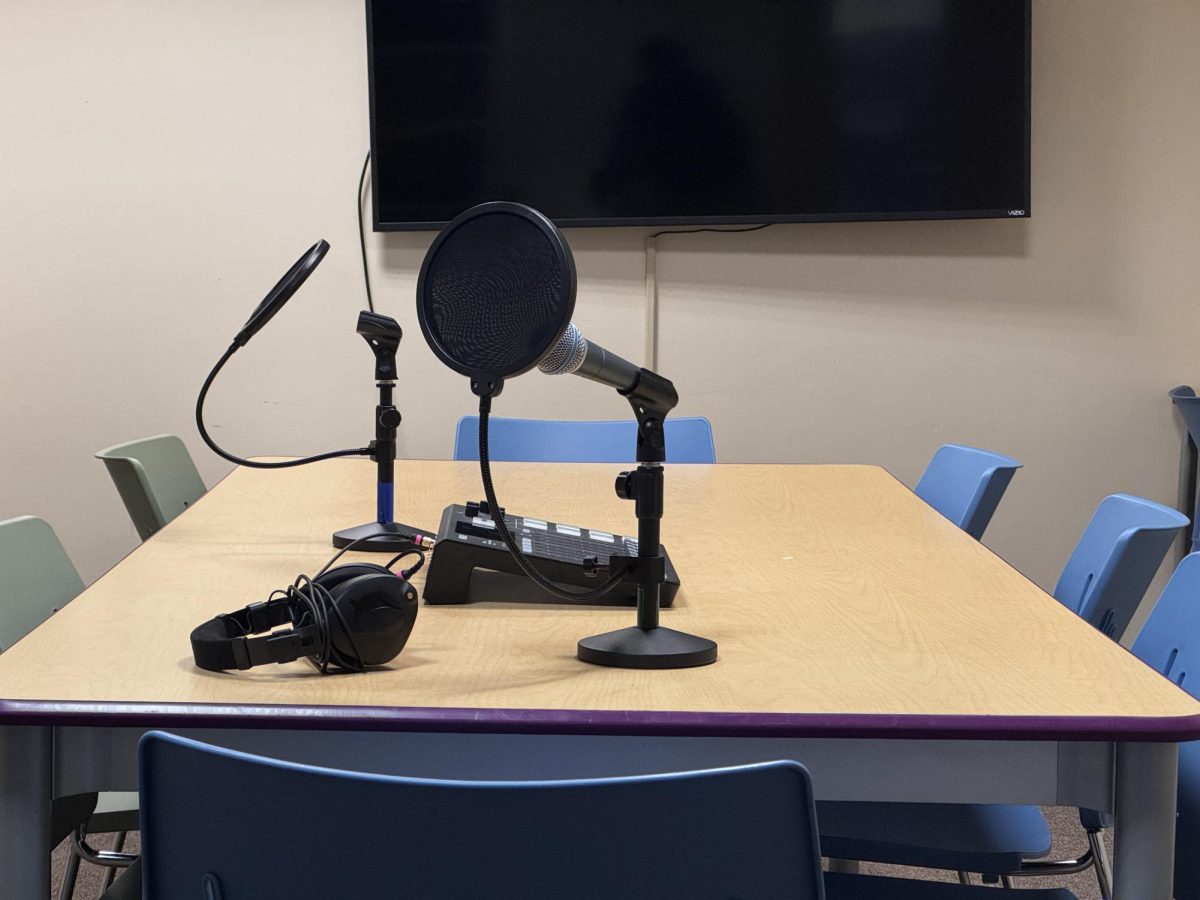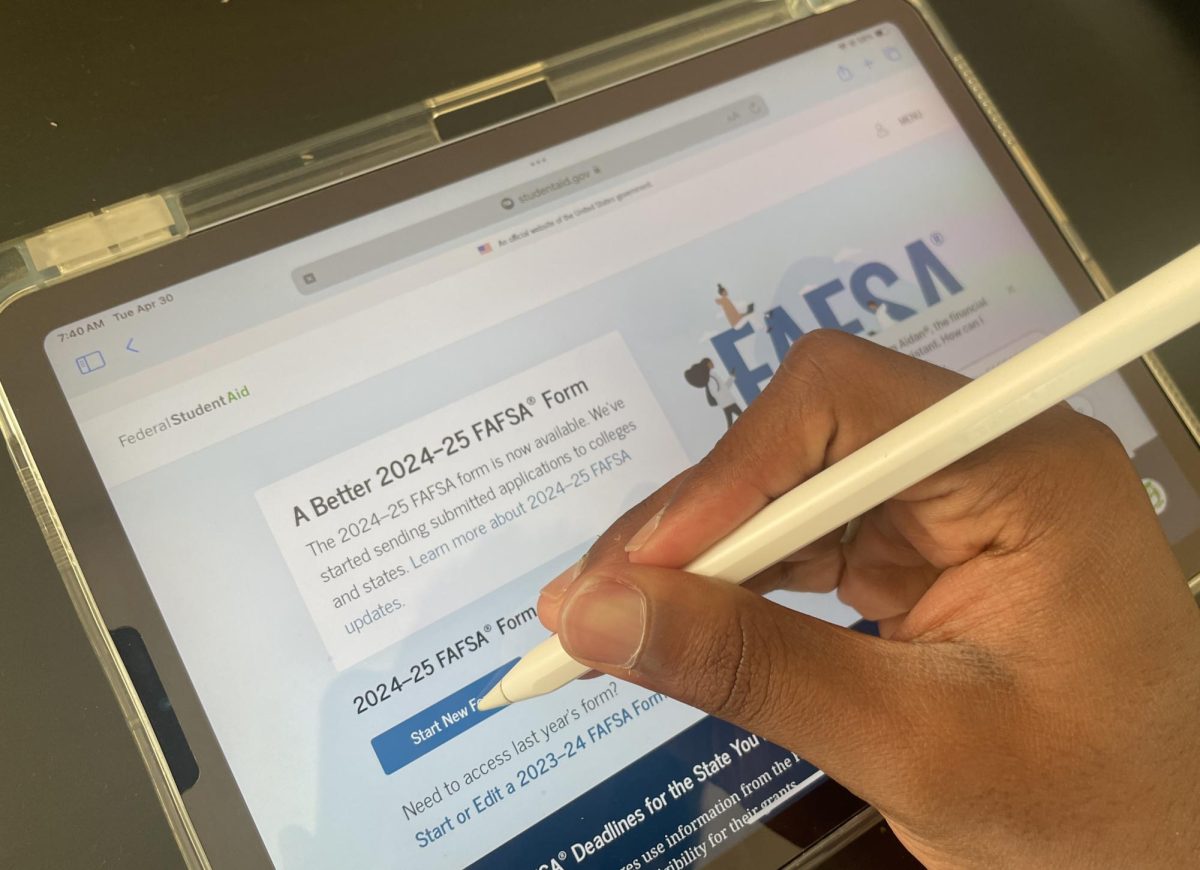Panda diplomacy, also known as panda politics, is a practice that involves gifting giant pandas from China to other countries as a symbol of friendship and goodwill. Despite the brewing conflicts between China and the US over the strait island Taiwan, there is a long history of panda diplomacy between the two world powers.
From gifted to loaned, China has loaned thirteen pandas to the US across variegated loan periods of two months to more than twenty years. Yet the recent controversy surrounding the treatment of Ya Ya, a giant panda who lived 20 years at the Memphis zoo in Tennessee since 2003, has sparked outrage in China that led to the speedy return of Ya Ya back to Shanghai, China.
Despite the Memphis zoo’s efforts to defend against allegations of mistreatment, the calls for Ya Ya’s early return remain unabated, independent of the projected December 2023 timeline, particularly in light of the highly scrutinized passing of her male partner, Le Le, due to an unfortunate heart condition.
“Ya Ya also lives with a chronic skin and fur condition which is inherently related to her immune system and directly impacted by hormonal fluctuations. This condition does not affect her quality of life but does occasionally make her hair look thin and patchy. The condition is closely monitored by our animal care team and veterinary staff,” said the Memphis zoo official website.
In addition to the spark of Chinese national outrage for the conditions of Ya Ya, viral photos of the round pandas loaned to Russia’s Moscow zoo with a cake celebrating international panda day only added to the sentiment.
The stark contrast between the loaned pandas in the US and Russia was highlighted by the Chinese media, which has only furthered the anti-US stance and pro-Russian stance amongst Chinese citizens.
Historical significance
In 1972, the arrival of two giant pandas, Ling-Ling and Hsing-Hsing, at the National Zoo in Washington D.C. marked a significant moment in the history of US-China relations. The pandas were a gift from the Chinese government, a symbolic gesture of goodwill and friendship as the two nations established diplomatic relations for the first time in over two decades.
“You have this transformation from these early gifts that were to express friendship or gratitude to this dramatic diplomatic gesture, that was reflecting a shift in the relation from enemy state to one of friendship,” said E. Elena Songster, a historian at the Saint Mary’s College of California and author of the book Panda Nation.
The National Zoo spent millions of dollars to construct a state-of-the-art panda habitat for the pair, complete with bamboo groves and water features. The pandas, in turn, received specialized care and attention from the zoo’s veterinary staff.
While Ling-Ling and Hsing-Hsing were popular attractions, their time at the National Zoo was not without its challenges. The pandas experienced health issues, including respiratory infections and digestive problems, which required specialized care. In addition, attempts to breed the pandas in captivity were largely unsuccessful, disappointing both the National Zoo and the Chinese government.
When the pandas passed away in 1992 and 1999, they were mourned not only by the National Zoo and the American public, but also by the Chinese government and people. Between 1957 and 1983, 24 pandas were gifted to 9 nations (the Soviet Union, the Democratic People’s Republic of Korea, the United Kingdom, and the US) as gestures of friendship.
Though following Ling-Ling and Hsing-Hsing’s passing in 1984, China’s leader Deng Xiaoping altered the panda diplomacy policy to lease pandas instead of gifting them.
And after two pandas were leased to Los Angeles for a six-month stay at the 1984 Olympic games for $50,000 a month per panda, the policy was altered again to be long-term ten-year leases instead.
Throughout the years, the US have loaned multiple pandas for a long-term lease of 10, 15, or 20 years for research and diplomatic purposes for panda conversation.
Over the years, pandas have played a significant role in diplomatic relations between China and other countries, including the United States. The San Diego Zoo was the recipient of two pandas, Bai Yun and Shi Shi, in 1996. These pandas were loaned to the zoo as part of a conservation research program aimed at protecting the vulnerable species.
Bai Yun and Shi Shi remained at the zoo for several years before they were returned to China. In 2000, another pair of pandas, Mei Xiang and Tian Tian, were loaned to the National Zoo in Washington D.C. as part of a ten-year loan agreement. This loan agreement has been extended several times, and the pandas continue to reside at the zoo to this day.
In 2014, a panda cub named Bao Bao was born at the National Zoo, and she remained there until 2017 when she was returned to China as part of the panda loan agreement. Another panda cub, Bei Bei, was born in 2015 and remained at the zoo until 2019 before he was also returned to China.
Currently, the National Zoo is home to another panda cub named Xiao Qi Ji. He was born in 2020 and has captured the hearts of many visitors to the zoo.
Pandas have served as a symbol of goodwill and friendship between China and the United States, and the panda loan program has allowed for important research and conservation efforts to take place.
Ya Ya’s significance
Though the Chinese uproar for the alleged mistreatment of Ya Ya in the Memphis zoo and overall US panda diplomacy only serves to deepen the tension between China and the US over the strait island and friendship between China and Russia. In contrast with other countries, China has not granted any panda loans to the US for two decades, ever since Ya Ya and Le Le arrived in Memphis.
The Chinese Association of Zoological Gardens, the organization in charge of arranging China’s panda loans for diplomacy efforts, confirmed Le Le’s death by heart disease and Ya Ya’s medical reports of skin disease with a stable weight. And the deputy head of ZAZG Xie Zhong added background to Ya Ya’s skin condition with her family genes that deteriorated from her age and seasonal changes.
Yet, many Chinese citizens were still unsatisfied with the claims.
As Ya Ya is returned to China, critics have called for an end to “panda diplomacy,” comparing it to the ancient Chinese practice of offering princesses as peace offerings to other countries. They argue that as a global superpower, China no longer needs to use pandas as a diplomatic tool, especially since they are national treasures. Despite the controversy surrounding Ya Ya’s treatment in the US, Chinese officials attempted to calm public anger through state-controlled media like Weibo.
“From my upbringing in Taiwan, pandas are a highly regarded national treasure and an extremely popular tourist attraction in the Taiwan zoo. China distributing these pandas like bargaining chips for diplomacy feels like an incorrect effort in building relationships, and this event is only fueling the advocacy for the end of panda diplomacy,” said Andrea Yang, a Taiwanese student who immigrated to the US in 2019.
A spokesperson for the Chinese Foreign Ministry stated that Ya Ya and Le Le had been “well taken care of” by the Memphis Zoo and “loved by the American people.” The spokesperson also mentioned that China will continue to work with other partners, including the US, to contribute to the conservation of endangered species.
“Ya Ya has bigger space in Memphis that we don’t have, and for most old pandas, the living conditions at Memphis are most likely better than China. The Memphis zoo also has a livestream, but back in China it’ll simply be retirement for Ya Ya and we won’t be able to be informed of Ya Ya’s health,” said a comment on BiliBili, China’s Tiktok-like video platform.
This event raises questions about the ethics of keeping pandas in captivity and using them as diplomatic tools. There was even a petition by Panda Voices to bring Ya Ya back to China on change.org that garnered more than 193,000 signatures.
Despite the Chinese Foreign Ministry Mao Ning’s statements of a friendly relationship with other US zoos for panda conservation, there are still many Chinese citizens who continue to blame Memphis zoo for mistreatment regardless of Ya Ya’s known family background and age.
“I considered it an implication of an ‘online revolution’ in the country. The ‘small pinks’, (who perform as extreme nationalist who oppose any criticism of the government, as well as render anti-westernism ideas) spread rumors about Ya Ya being tortured severely to render an anti-American emotion among the public. Though this time, I believe that most of the Chinese citizens are choosing to believe in what the speaker of the Ministry of Foreign Affairs said, this rational stream emphasized the revolutionary trend in the Country’s social media,” said Sharon Jiang, a Chinese student who immigrated to the US in 2019.
However, others contend that the exchange of pandas between countries helps raise awareness about conservation efforts and can strengthen diplomatic ties. The fate of pandas like Ya Ya, who have spent their entire lives in captivity, remains a contentious issue, and debates about their welfare will likely continue to spark controversy.

